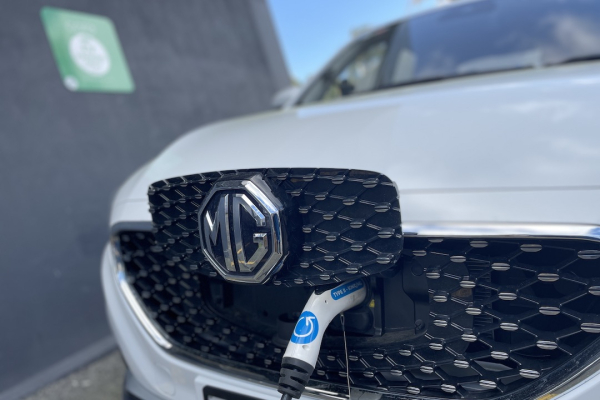Around the world the appeal for EVs is increasing as governments are setting stricter fuel efficiency standards; vehicle manufacturers are developing and offering more electric and hybrid options; and people are swearing off fossil-fueled vehicles for good.
In Aotearoa, the Climate Change Commission has recommended phasing out imports of fossil-fueled cars by no later than 2035, and the offer of the new Clean Car Discount will hopefully incentivise and accelerate the adoption of EVs.
The NZ government is relying on the role of emerging smart technologies, such as smart chargers and vehicle-to-grid capability, to mitigate the anticipated impact of demands on the electricity network.
Smart charging can help to mitigate peak demand and reduce the risk of EVs overwhelming the electricity system. It also presents an opportunity to reduce costs to consumers and increase the use of clean, renewable energy. A range of programmes are also underway to ensure the electricity network can support increased EV uptake.
People are often under the misconception that you need a public fast charger close to your work or home to own an EV. However, most EV owners charge their vehicle at home overnight, which would easily cover any day-today usage, making it more convenient than visiting specialist petrol stations or charging stations.
For longer journeys, there are public chargers available every 75km on the country's main highways. The EECA is working with MOT, NZTA and MBIE to develop a strategic roadmap for Aotearoa’s future EV charging network to ensure public funding support is well targeted and delivers the coverage, density and capacity required as the demand for electric vehicles increases.


